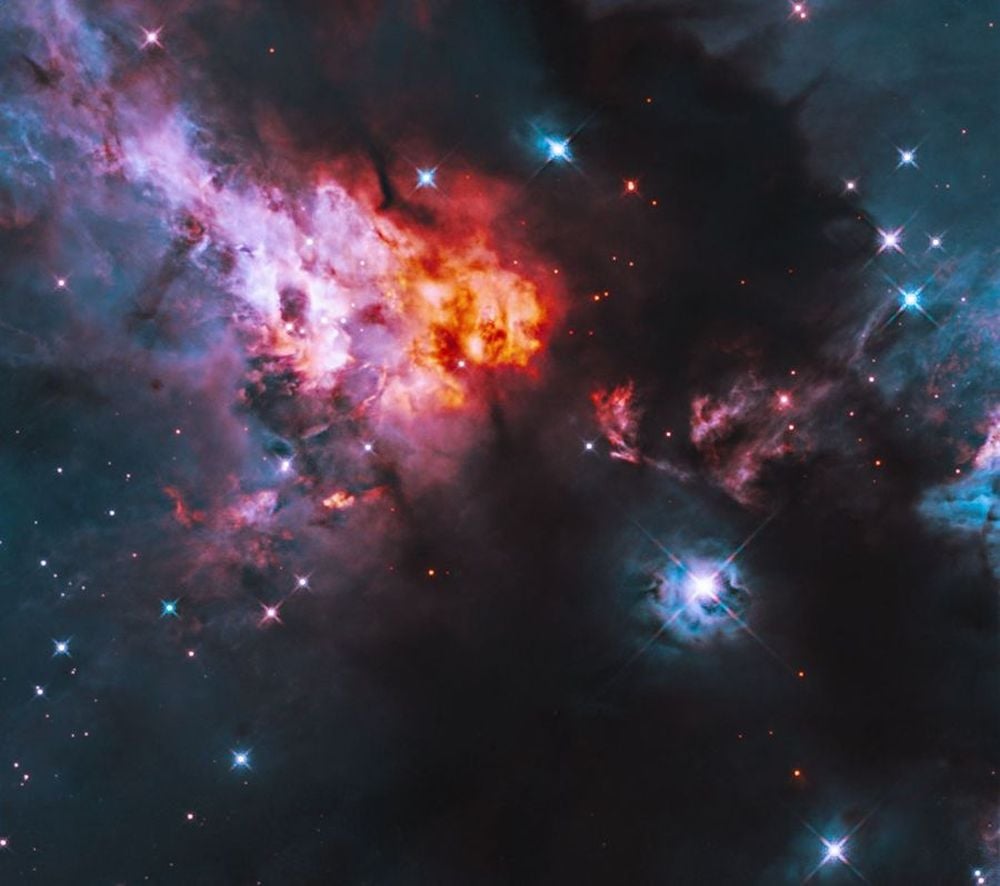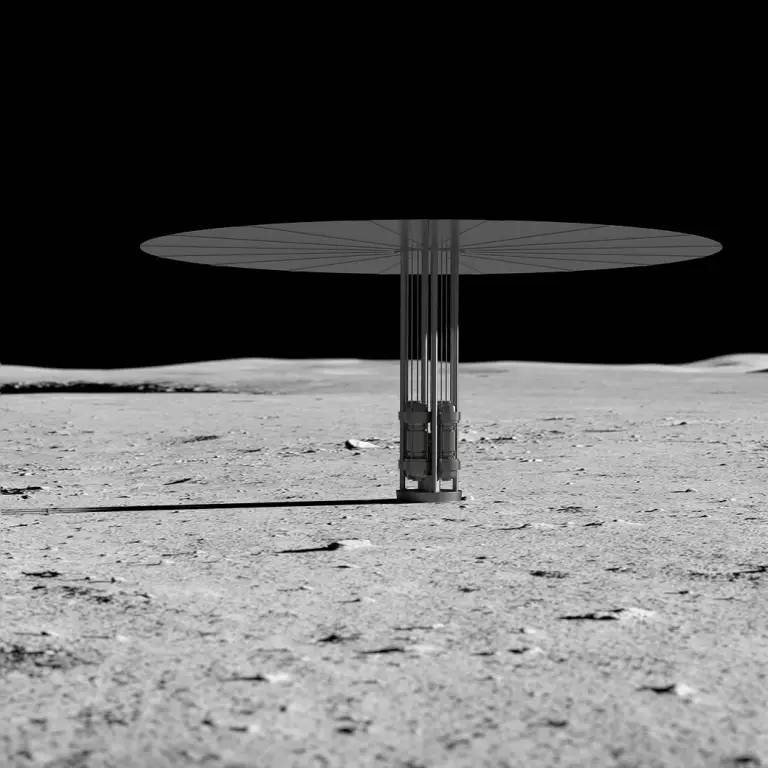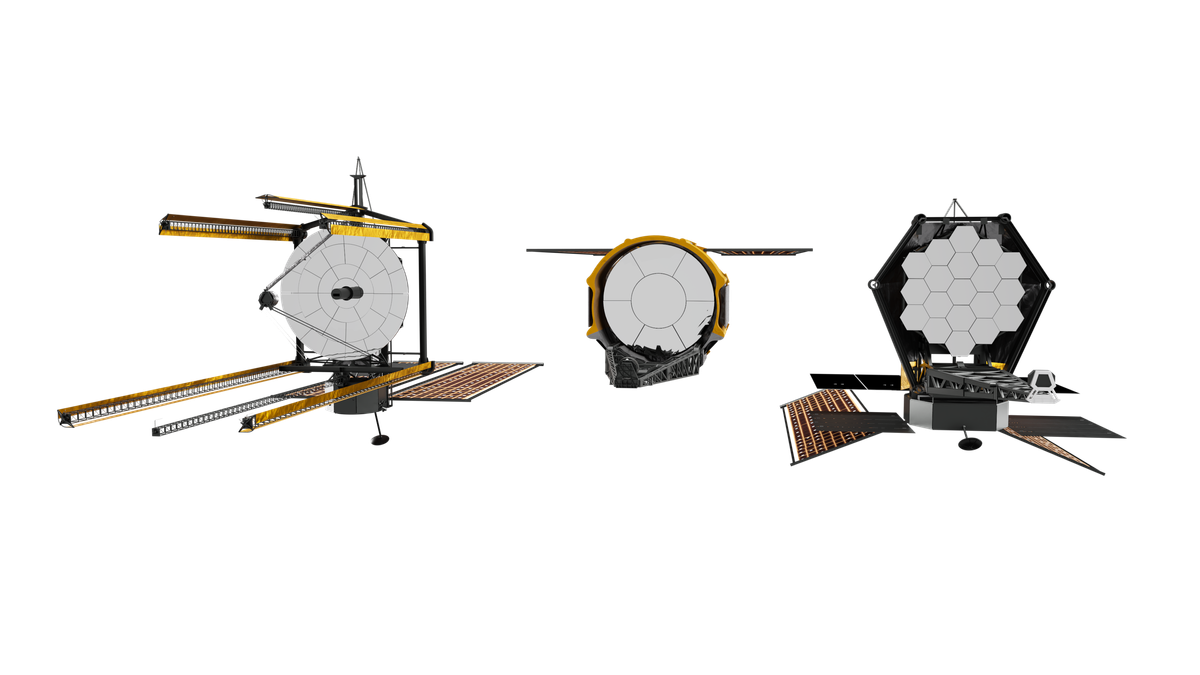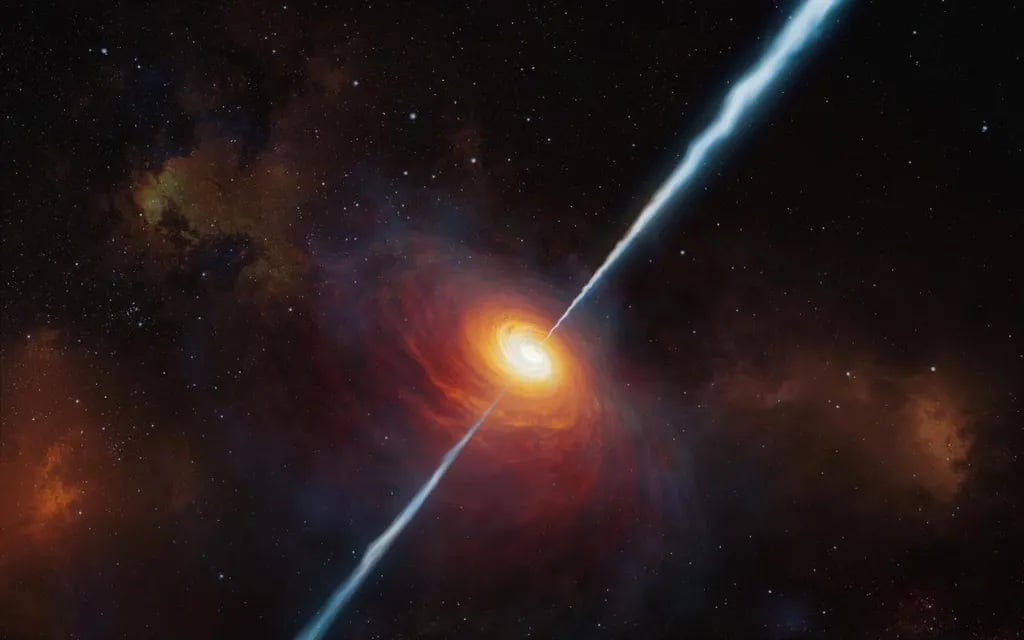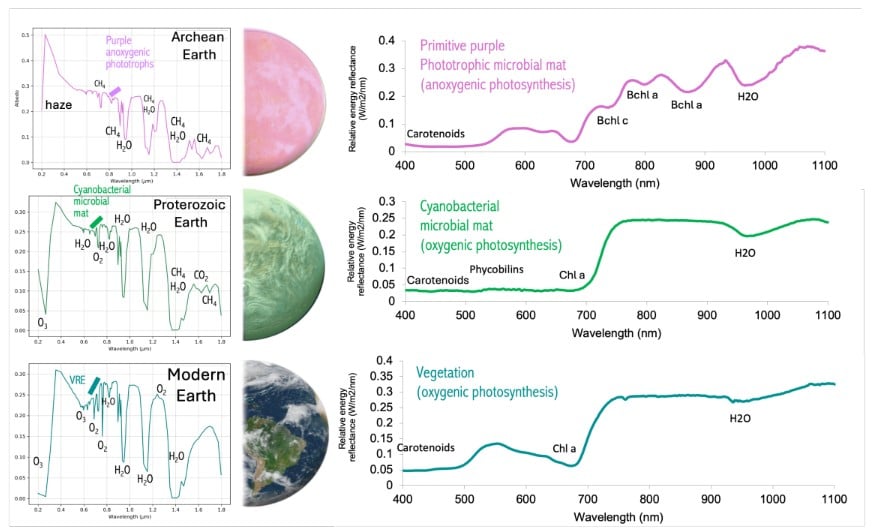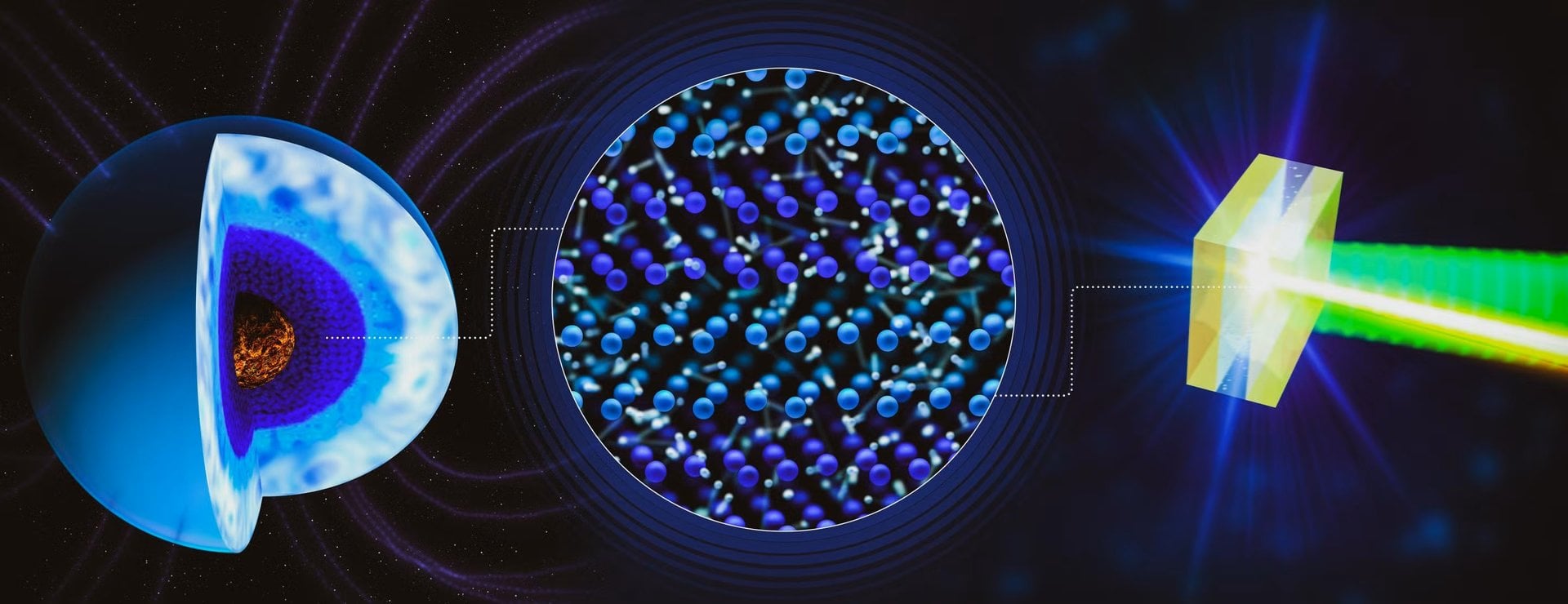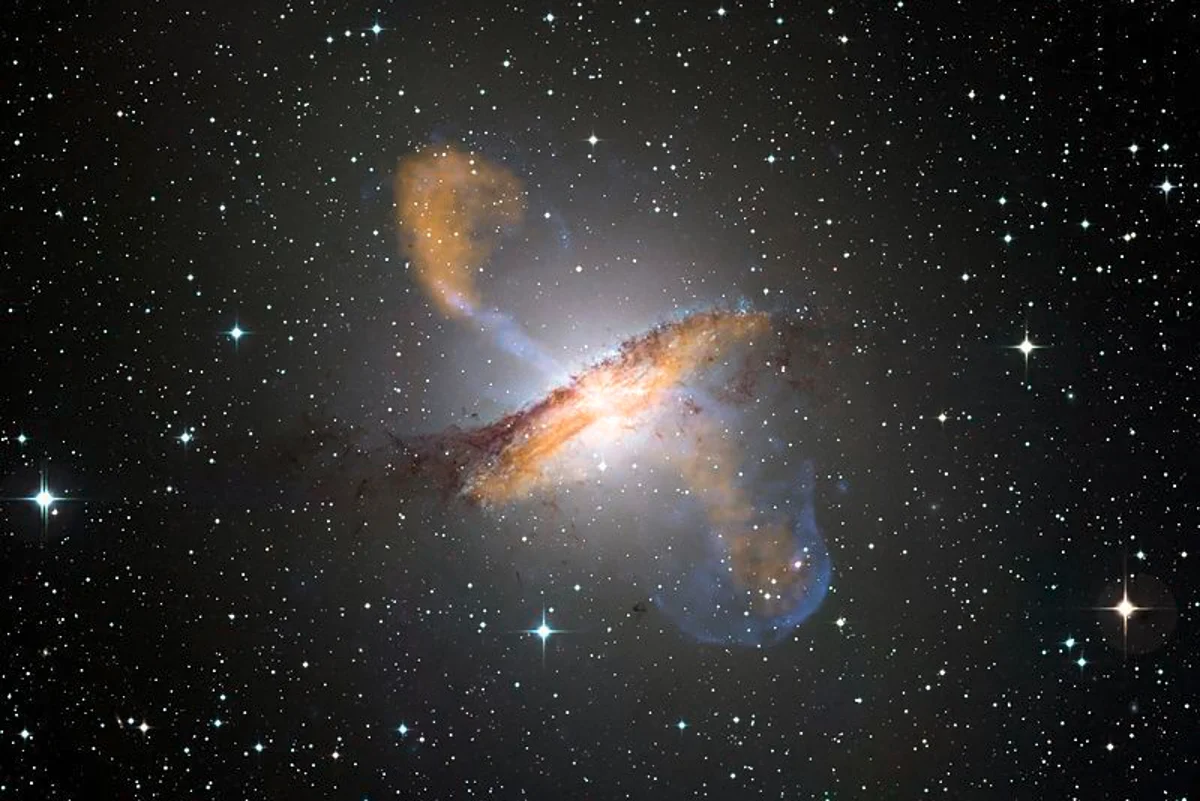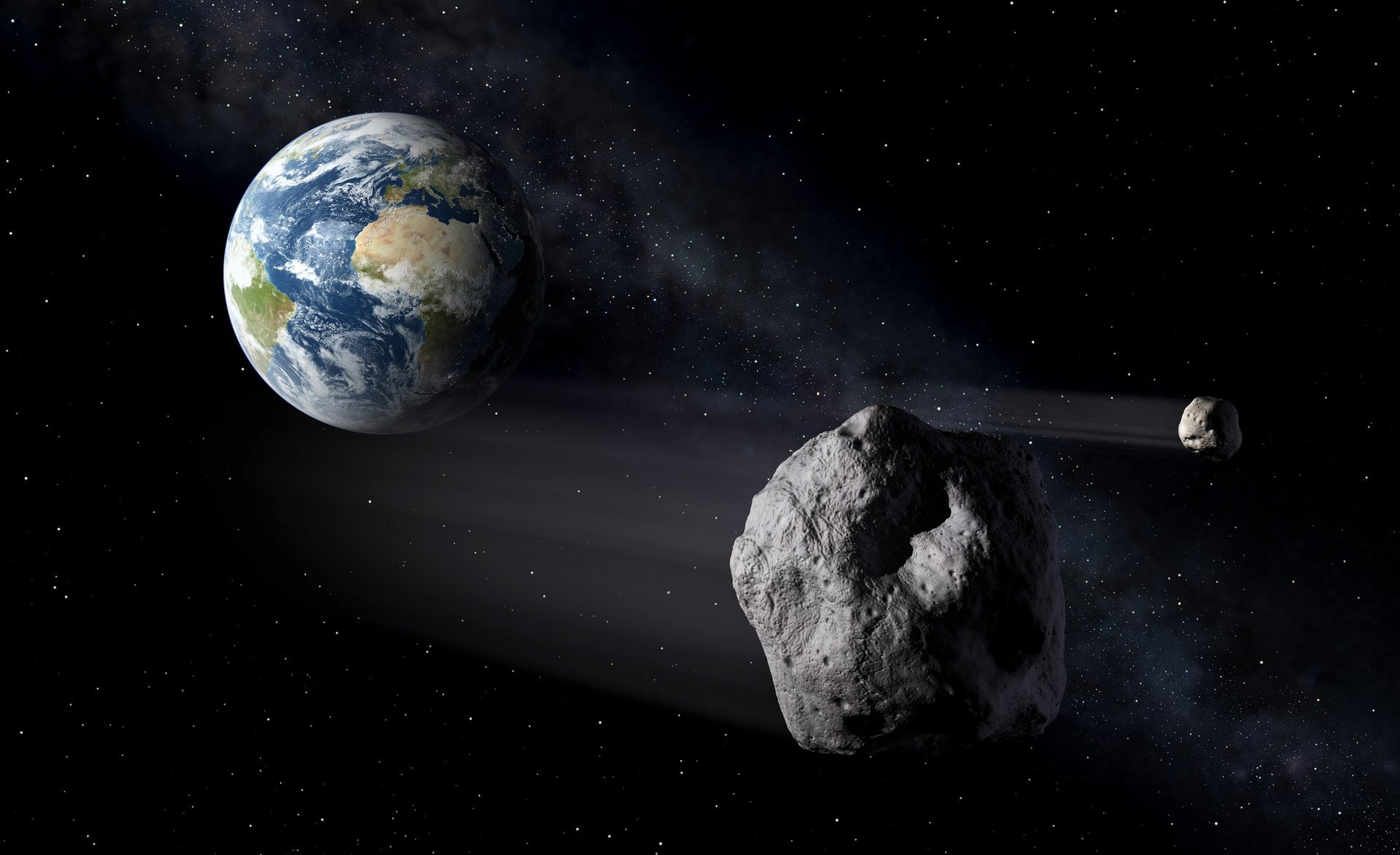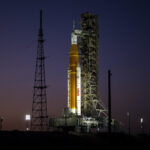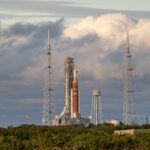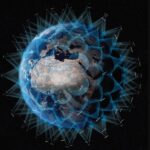How can scientists estimate the pH level of Enceladus’ subsurface ocean without landing on its surface? This is what a recently submitted study hopes to address as a team of
Universe Today8- Page
Newly developing stars shrouded in thick dust get their first baby pictures in these images from NASA’s Hubble Space Telescope. Hubble took these infant star snapshots in an effort to
The US’s federally funded space program has been struggling of late. With the recent cancellation of the Mars Sample Return mission, and mass layoffs / resignations taking place at NASA,
We recently discussed the different types of worlds that the Habitable Worlds Observatory (HWO) is expected to find that might have noticeable biosignatures. However, no matter how good the instrumentation
Astronomers at the University of Warwick have discovered that black holes don’t just consume matter—they manage it, choosing whether to blast it into space as high-speed jets or sweep it
The early stage of giant telescope development involves a lot of horse-trading to try to appease all the different stakeholders that are hoping to get what they want out of
Inside the cores of ice giant planets, the pressure and temperature are so extreme that the water residing there transitions into a phase completely unfamiliar under the normal conditions of
A new census of more than 8,000 galaxies finds active black holes rising in frequency with galaxy mass, jumping sharply in galaxies similar in mass to the Milky Way.
Our nearest neighbor, the Moon, is still something of a mystery to us. For decades, scientists have wondered why it appears so lopsided, with dark volcanic plains on the near
Physicists at the University of Oxford have contributed to a new study which has found that iron-rich asteroids can tolerate far more energy than previously thought without breaking apart –
-
 01Two Black Holes Observed Circling Each Other for the First Time
01Two Black Holes Observed Circling Each Other for the First Time -
 02From Polymerization-Enabled Folding and Assembly to Chemical Evolution: Key Processes for Emergence of Functional Polymers in the Origin of Life
02From Polymerization-Enabled Folding and Assembly to Chemical Evolution: Key Processes for Emergence of Functional Polymers in the Origin of Life -
 03Φsat-2 begins science phase for AI Earth images
03Φsat-2 begins science phase for AI Earth images -
 04Hurricane forecasters are losing 3 key satellites ahead of peak storm season − a meteorologist explains why it matters
04Hurricane forecasters are losing 3 key satellites ahead of peak storm season − a meteorologist explains why it matters -
 05Thermodynamic Constraints On The Citric Acid Cycle And Related Reactions In Ocean World Interiors
05Thermodynamic Constraints On The Citric Acid Cycle And Related Reactions In Ocean World Interiors -
 06Binary star systems are complex astronomical objects − a new AI approach could pin down their properties quickly
06Binary star systems are complex astronomical objects − a new AI approach could pin down their properties quickly -
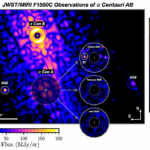 07Worlds Next Door: A Candidate Giant Planet Imaged in the Habitable Zone of α Cen A. I. Observations, Orbital and Physical Properties, and Exozodi Upper Limits
07Worlds Next Door: A Candidate Giant Planet Imaged in the Habitable Zone of α Cen A. I. Observations, Orbital and Physical Properties, and Exozodi Upper Limits



